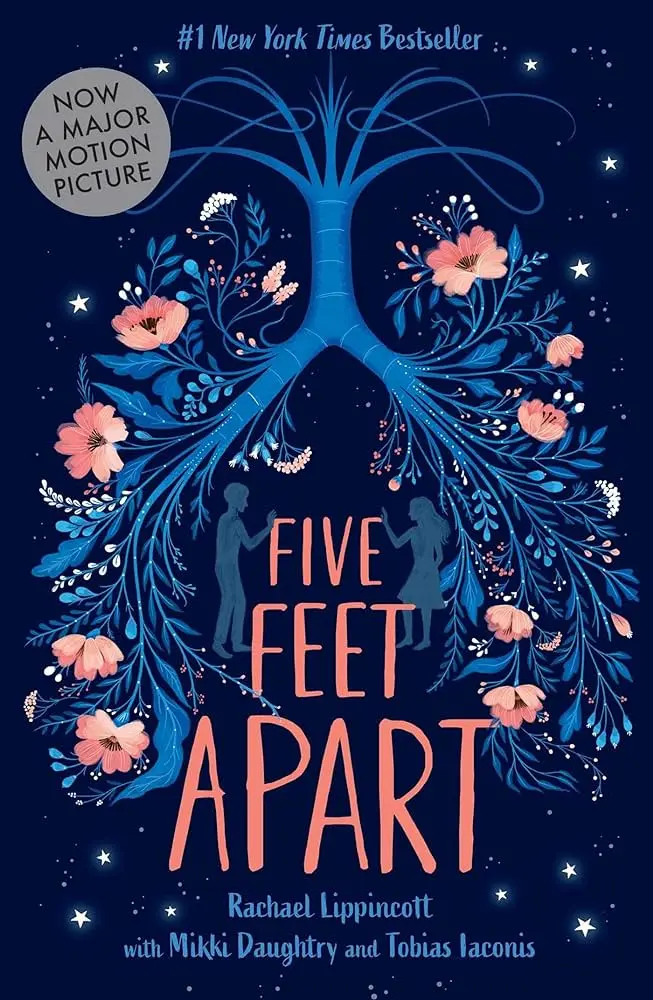There’s something magical about seeing a familiar tale through fresh eyes, discovering new layers and perspectives that make you question everything you thought you knew. When I heard about James, Percival Everett’s reimagining of The Adventures of Huckleberry Finn from Jim’s perspective, I knew I had to read it. What I didn’t expect was how deeply it would affect me, or how it would change my view of Twain’s classic forever.
The Story and Writing
From the very first page, Everett’s prose draws you in with its stark, unflinching clarity. The story follows James (known as Jim in the original text) as he discovers he’s about to be sold away from his family and makes the desperate choice to escape. When he encounters young Huck Finn, who’s running from his own demons, their paths intertwine in ways both familiar and startlingly new.
What struck me most about Everett’s writing style is its deliberate restraint. He doesn’t rely on dramatic flourishes or emotional manipulation to convey the horror and tension of James’s situation. Instead, the matter-of-fact tone makes everything feel more immediate and real, like a knife sliding between your ribs. I found myself holding my breath during certain scenes, even though I knew the broad strokes of the story from the original.
The most fascinating aspect is how Everett handles James’s character. This isn’t the simple, superstitious “Jim” we know from Twain’s novel – this is a complex, educated man who must carefully hide his intelligence and capabilities from the white people around him. The way James code-switches, deliberately using exaggerated “slave dialect” when necessary while revealing his true educated speech in private moments, is brilliantly handled. It reminded me of reading The Book Thief for the first time, that sensation of seeing familiar events completely transformed through a different lens.
Characters and Relationships
The relationship between James and Huck is the heart of the novel, but it’s so different from what we see in the original. Through James’s eyes, we understand both the genuine affection he feels for the boy and the constant awareness that Huck, despite his friendship, is still a product of his time and society. Their dynamic is complicated by power structures neither of them created but both must navigate.
The secondary characters are equally well-drawn, each one feeling like a real person rather than a plot device. I particularly appreciated how Everett gives depth to the enslaved characters, showing their individual personalities, hopes, and fears. It’s a stark contrast to their often one-dimensional portrayal in other literature of the period.
Themes and Impact
Reading James feels particularly relevant in our current cultural moment, when we’re having intense discussions about whose stories get told and who gets to tell them. Everett doesn’t just retell Twain’s story – he interrogates it, expanding it in ways that feel both natural and necessary. The novel explores themes of identity, freedom, and the masks we wear to survive in a hostile world.
What I found most powerful was how Everett handles the violence and horror of slavery. He doesn’t shy away from the brutality, but neither does he sensationalize it. The matter-of-fact presentation makes it all the more impactful, forcing us to confront these realities without the comfort of dramatic distance.
The novel also maintains moments of surprising humor and humanity, which serve to highlight rather than diminish the serious themes. It’s a delicate balance, but Everett manages it masterfully. I found myself smiling at certain interactions between characters even as my heart ached for their situations.
Final Thoughts
James is a remarkable achievement that stands both as a companion to and commentary on Twain’s classic. It’s the kind of book that stays with you long after you’ve turned the final page, making you reconsider not just The Adventures of Huckleberry Finn but also how we tell and retell stories about America’s painful past.
This isn’t just a retelling – it’s a reclaiming and a reimagining that feels vital and necessary. It reminds me of the power of perspective, how the same events can look entirely different depending on who’s telling the story. Just last week, I was discussing this with my book club, and we spent hours debating how this novel changes our understanding of the original text.
Whether you’re familiar with Twain’s work or not, James stands on its own as a powerful exploration of humanity, survival, and the complex bonds we forge in the most difficult circumstances. It’s a book that deserves to be read, discussed, and remembered alongside the classic that inspired it.
Everett has created something truly special here – a novel that honors its source material while transcending it, that entertains while never letting us forget the serious themes at its heart. It’s easily one of the most thought-provoking books I’ve read this year, and one I’ll be thinking about for a long time to come.
Subscribe to our newsletter and get two free novels!



